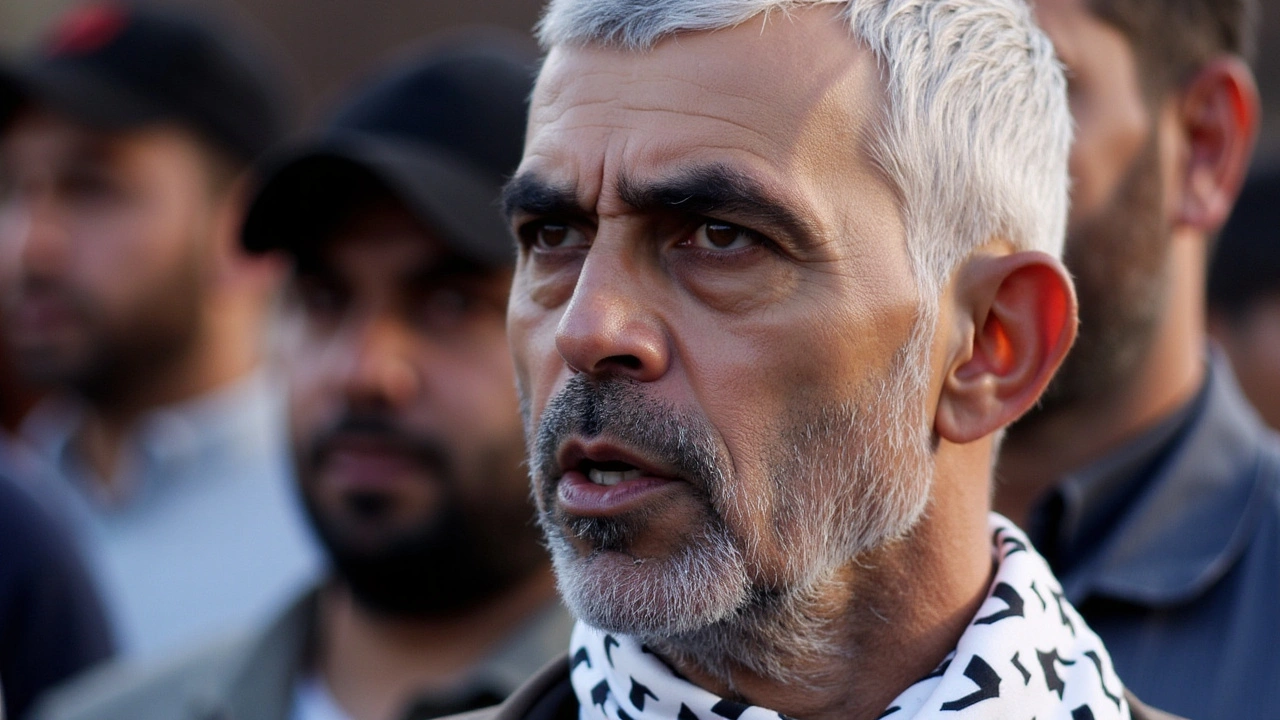Israel Confirms Hamas Leader Yahya Sinwar's Death in Gaza Conflict
Israel Confirms Killing of Hamas Leader Yahya Sinwar
The complex and ever-evolving conflict between Israel and Hamas took a dramatic turn this week as Israeli officials confirmed the death of Yahya Sinwar, a prominent leader within the Hamas organization. The announcement was made by Israel’s Foreign Minister and corroborated by the military. It’s reported that Sinwar was killed during an intense gunfight in the southern region of Gaza, a volatile area that has seen numerous confrontations over recent weeks. This development is likely to further inflame an already explosive situation in the Middle East.
The Israeli Defense Forces, after a fierce battle, conducted a DNA test to conclusively identify Sinwar, reinforcing their claims of having neutralized a key Hamas figure. Despite Israel’s declarations, Hamas has not commented or confirmed the demise of their leader, leaving the situation shrouded in some degree of uncertainty. This silence from Hamas raises questions about internal communications or their strategic response to this significant loss. Sinwar has been a critical player for Hamas, known for his tactical acumen and influential leadership role in the organization’s operations.
Unfolding Humanitarian Crisis in Gaza
The death of Sinwar comes at a time when the humanitarian situation in Gaza is deteriorating rapidly. Reports from the ground indicate a severe shortage of basic necessities like food and water as the Israeli siege continues. The situation is desperate in several regions, including Jabalia, where dozens have been buried under rubble over recent days. Families are struggling to survive amidst the devastation wrought by ongoing military operations. International agencies and human rights organizations have expressed profound concern over the plight of civilians trapped in this conflict.
The crisis took a dark turn with an Israeli attack on a United Nations Relief and Works Agency (UNRWA) school in Jabalia. This school had served as a refuge for Palestinians displaced by the violence. The attack tragically resulted in the death of at least 19 people, including children, sparking outrage and condemnation from the international community. Israeli officials have maintained that the attack was aimed at Hamas targets and have committed to an investigation, but they face allegations of targeting civilians in places where armed groups were allegedly absent.
Reactions and Implications
Globally, reactions to the developments in Gaza and the killing of Yahya Sinwar vary significantly, reflecting the polarized views on the Middle East conflict. Supporters of Israel view the elimination of Sinwar as a necessary measure in their fight against terrorism, while critics argue it may exacerbate violence and delay peace efforts. In regions beyond Israel and Palestine, leaders have called for restraint and renewed dialogue, urging both parties to consider the humanitarian cost of continued hostilities.
These latest events highlight the challenges involved in achieving a long-lasting peace in the region. Each escalation, such as the killing of an influential leader, risks derailing diplomatic initiatives and complicates the already intricate geopolitical landscape. The international community remains concerned about the potential for wider escalations and the impact on regional stability.
Conclusion: The Path Forward
As the conflict between Israel and Hamas continues, the world watches closely, aware that solutions are needed to avoid further humanitarian disasters. Both sides face immense pressure internally and externally, and the death of a figure like Yahya Sinwar may represent both an opportunity and a challenge. Political leaders and communities will need to navigate these complexities carefully and with a renewed commitment to dialogue and compromise. The path to peace is as elusive as ever, but with concerted efforts, a resolution remains a possibility.
